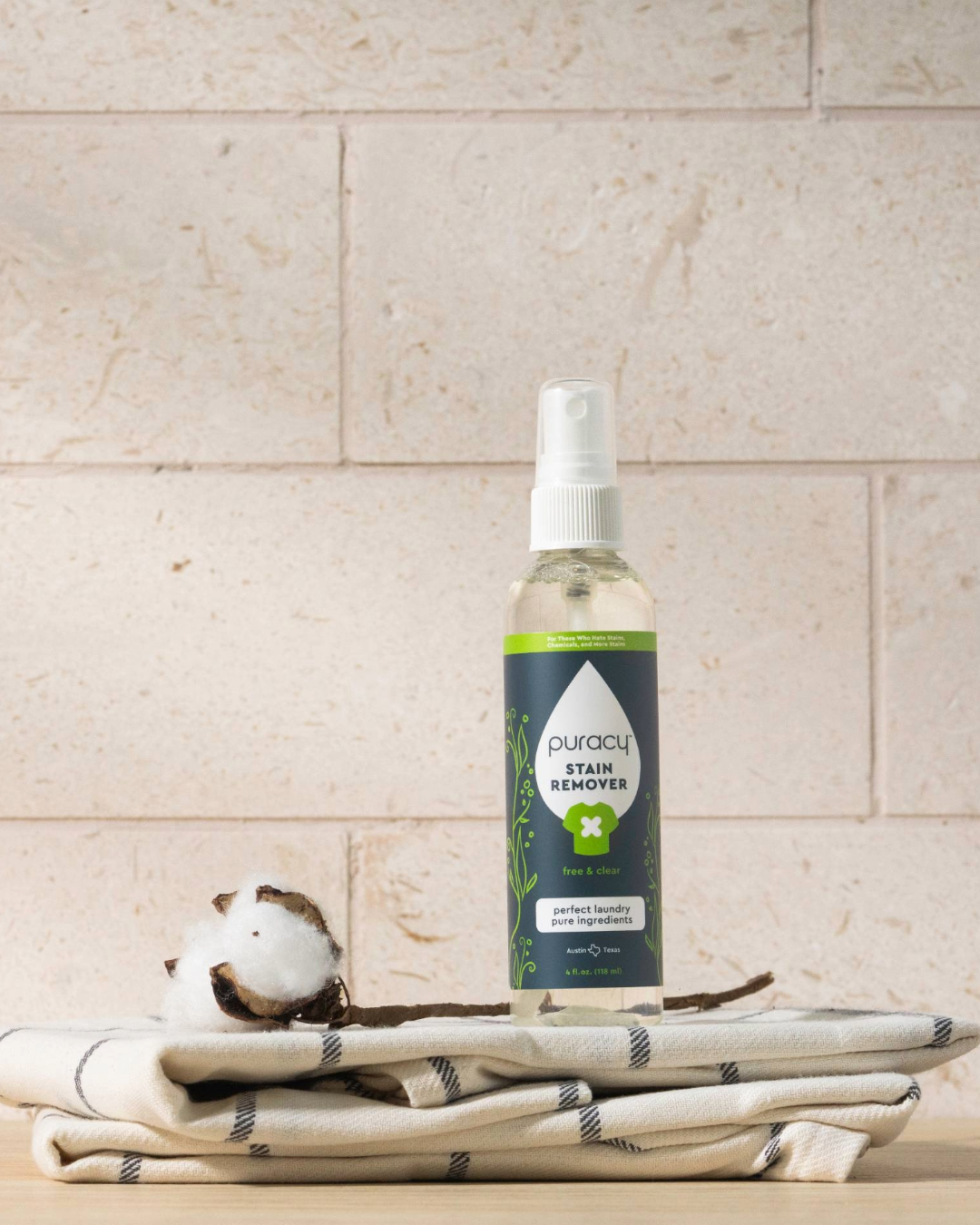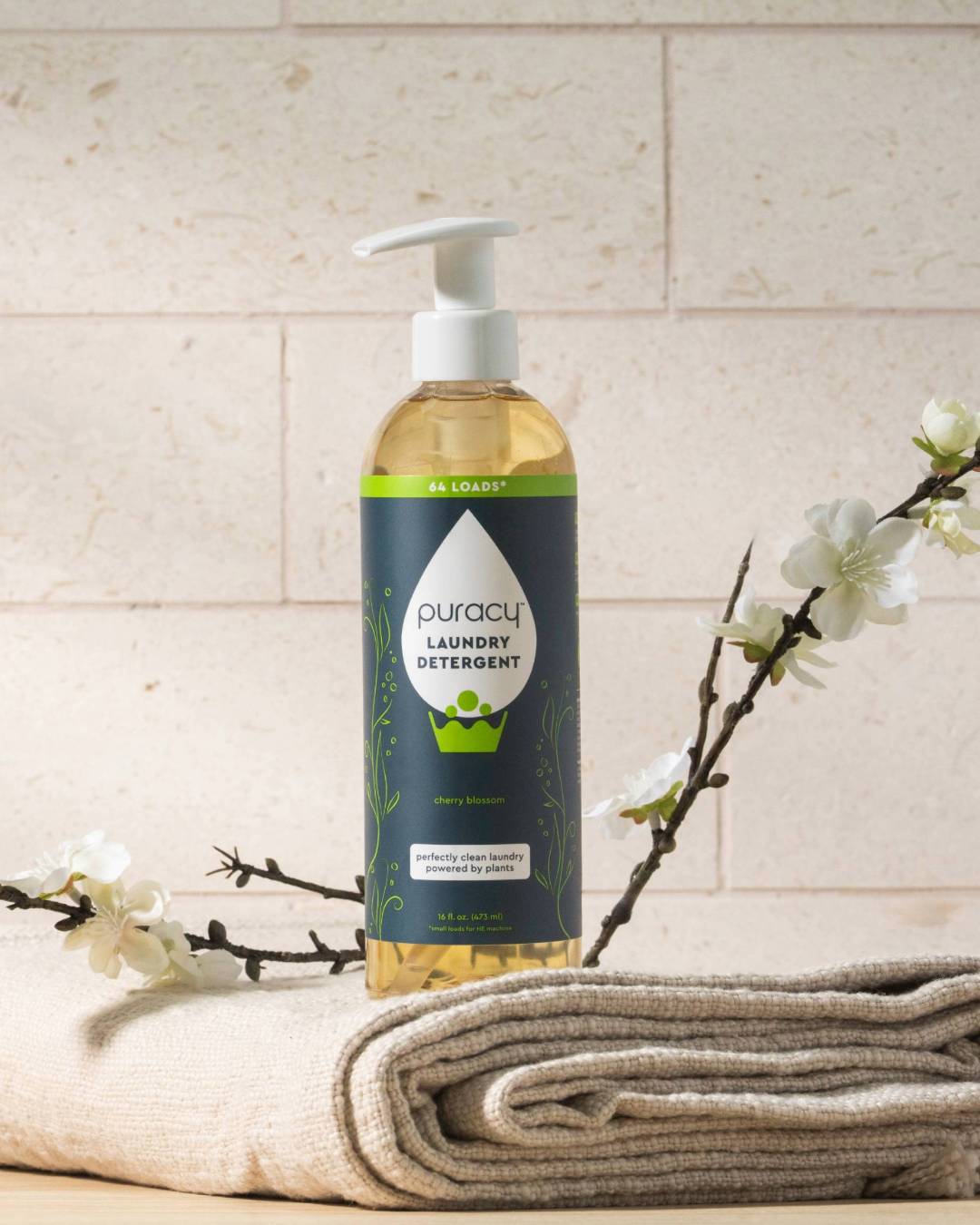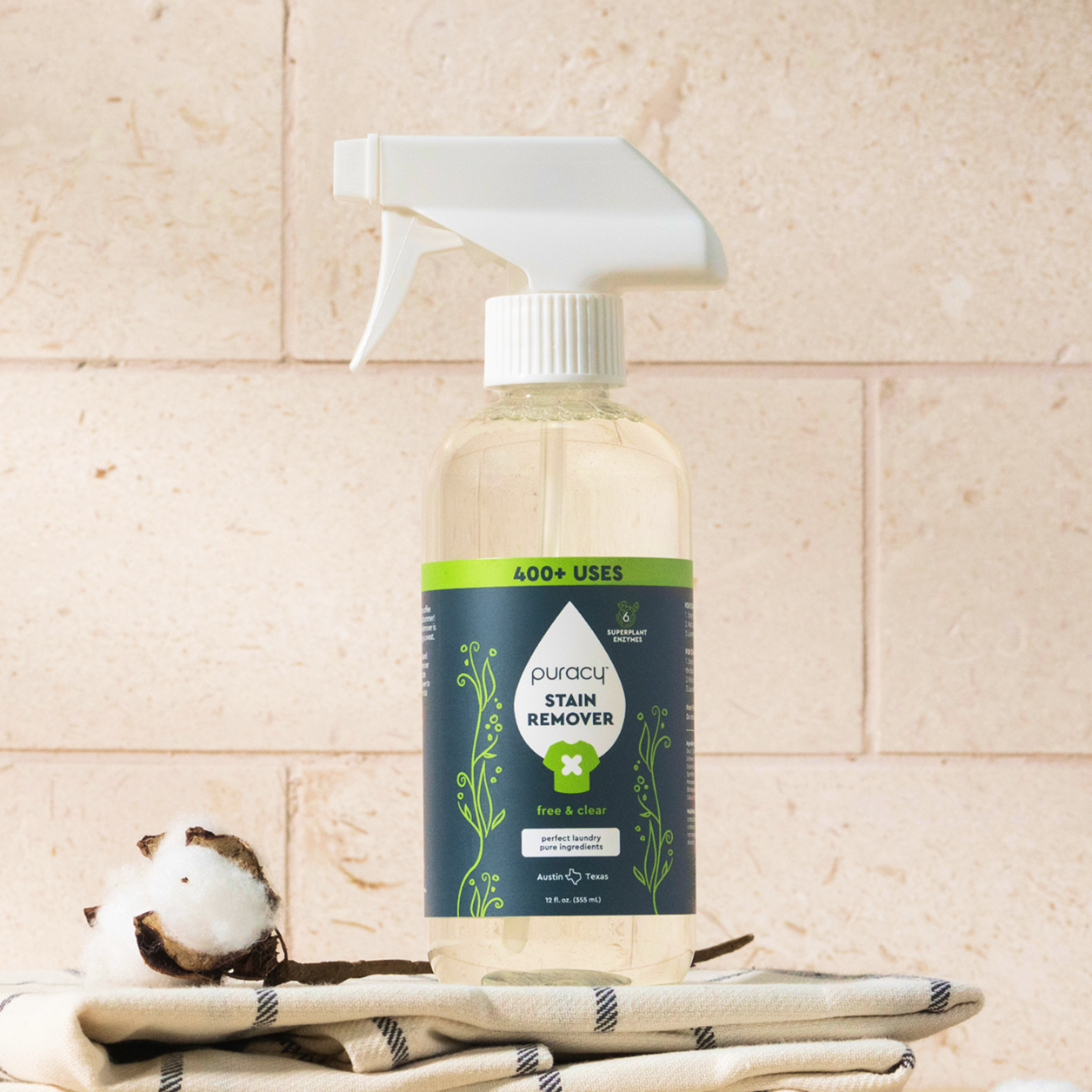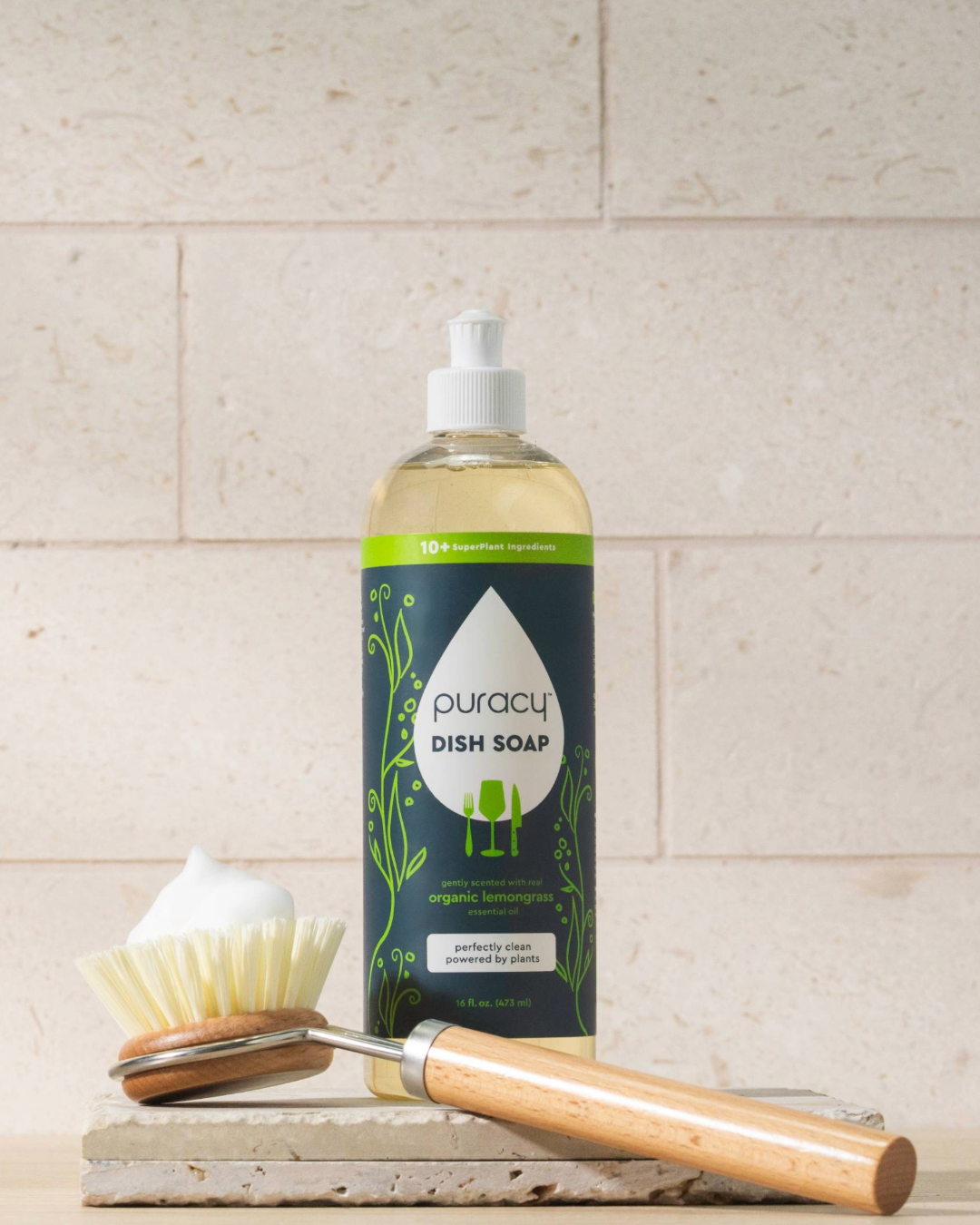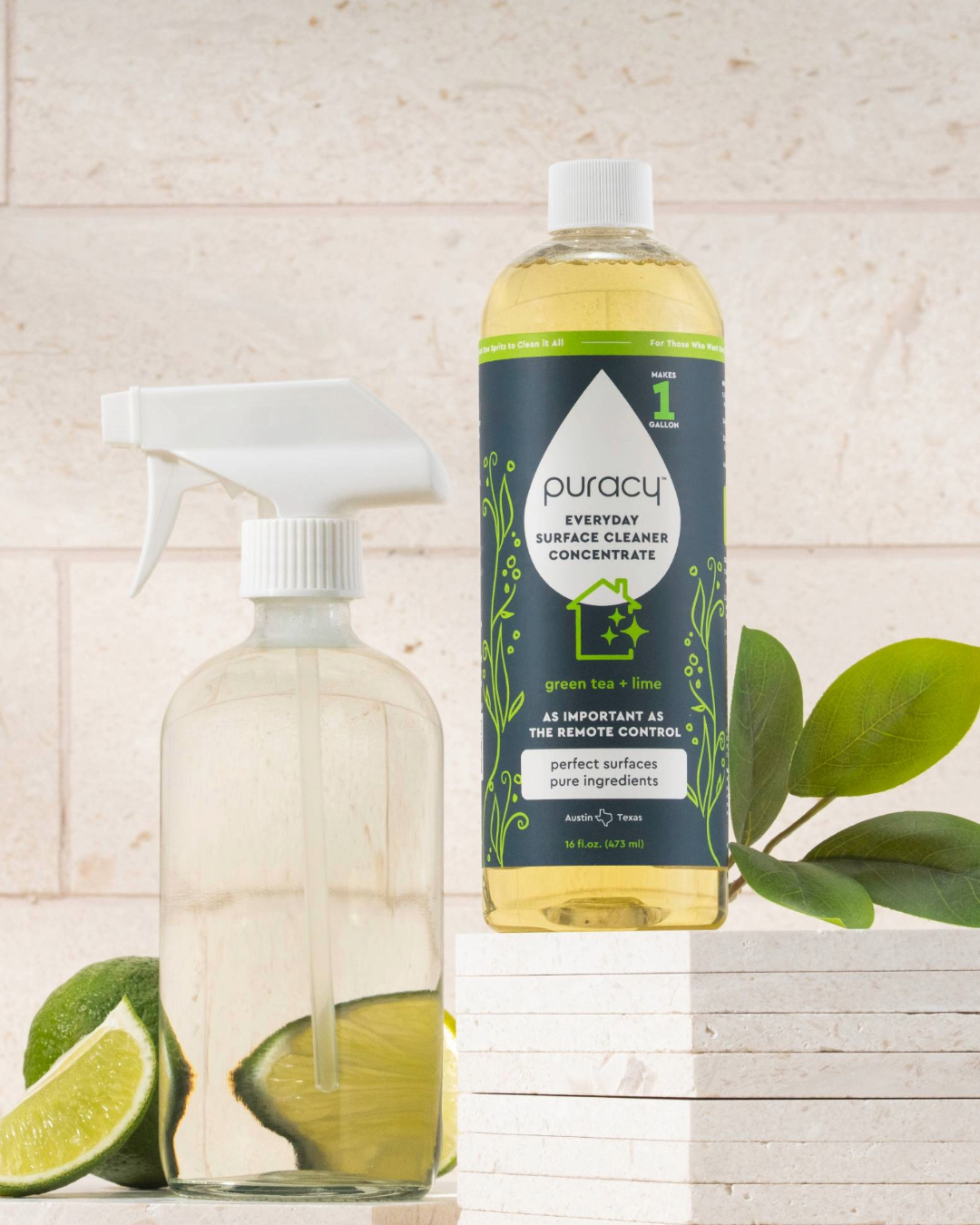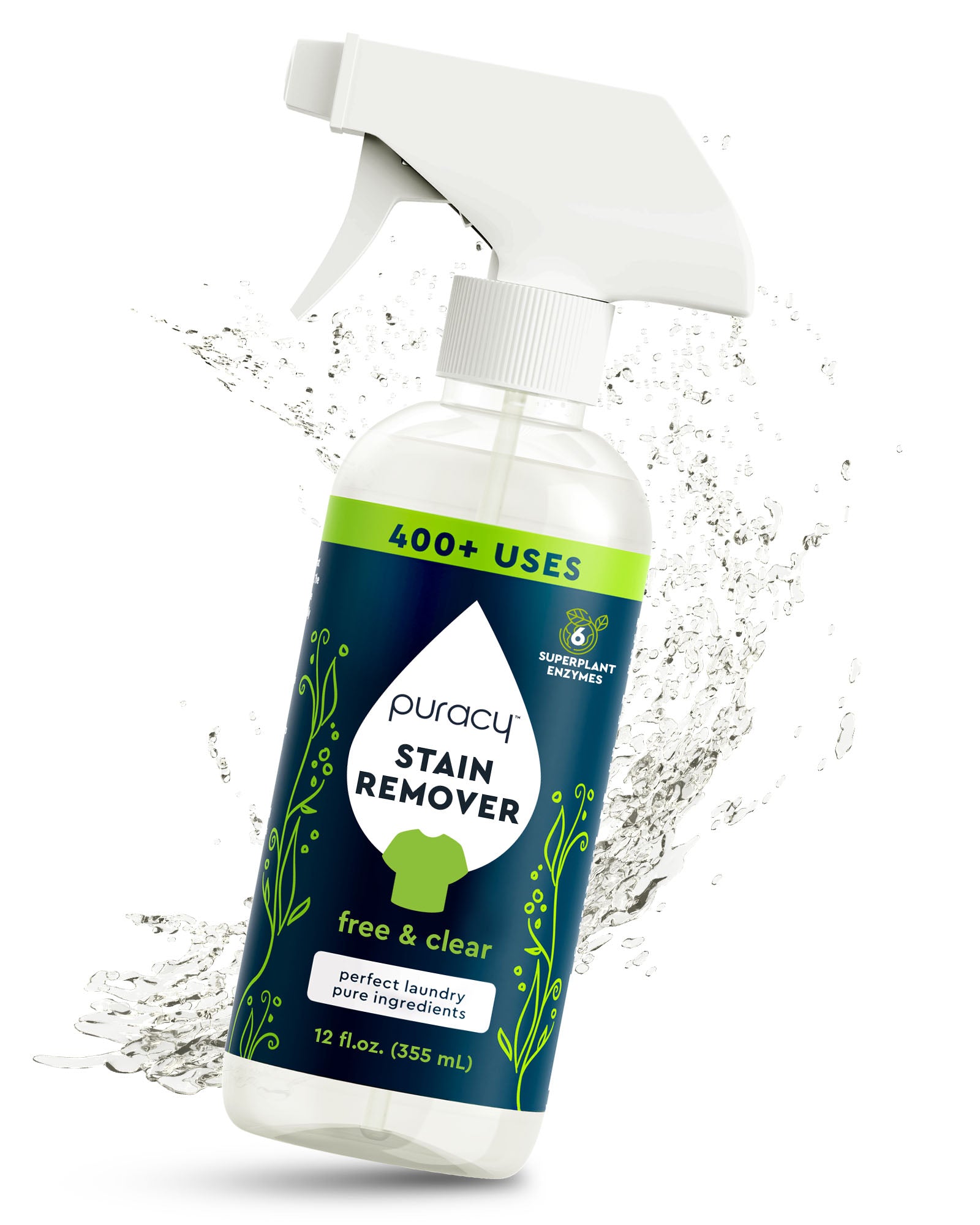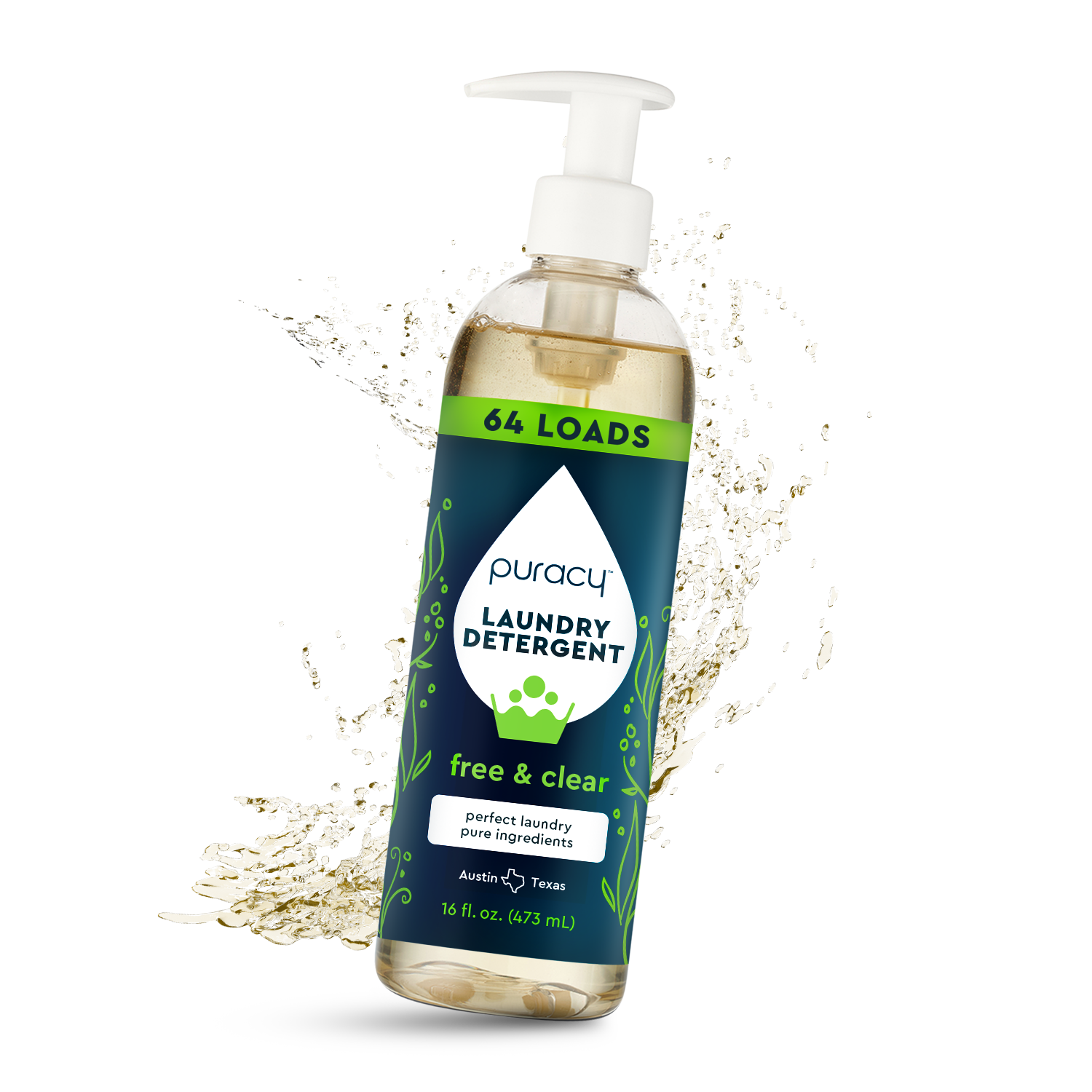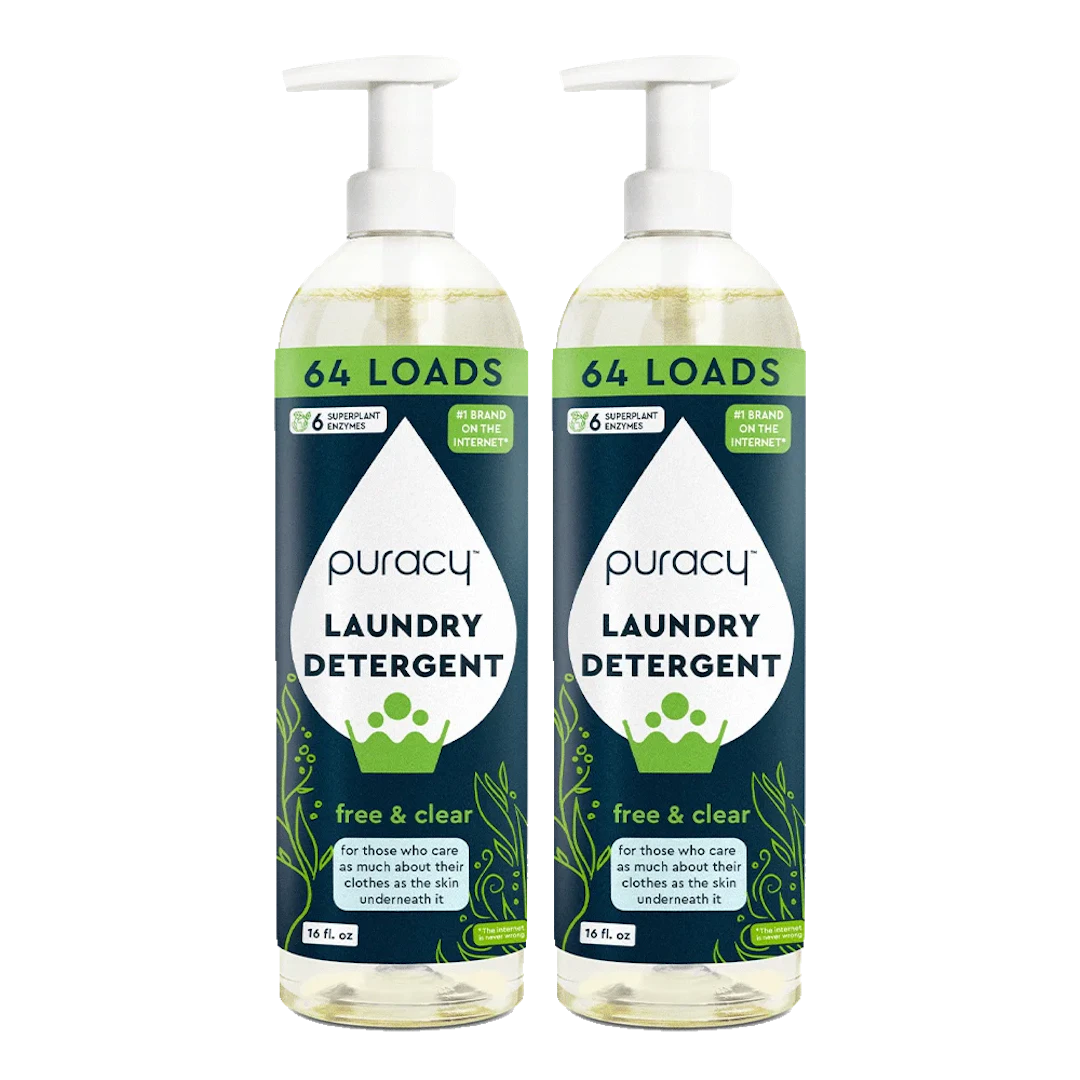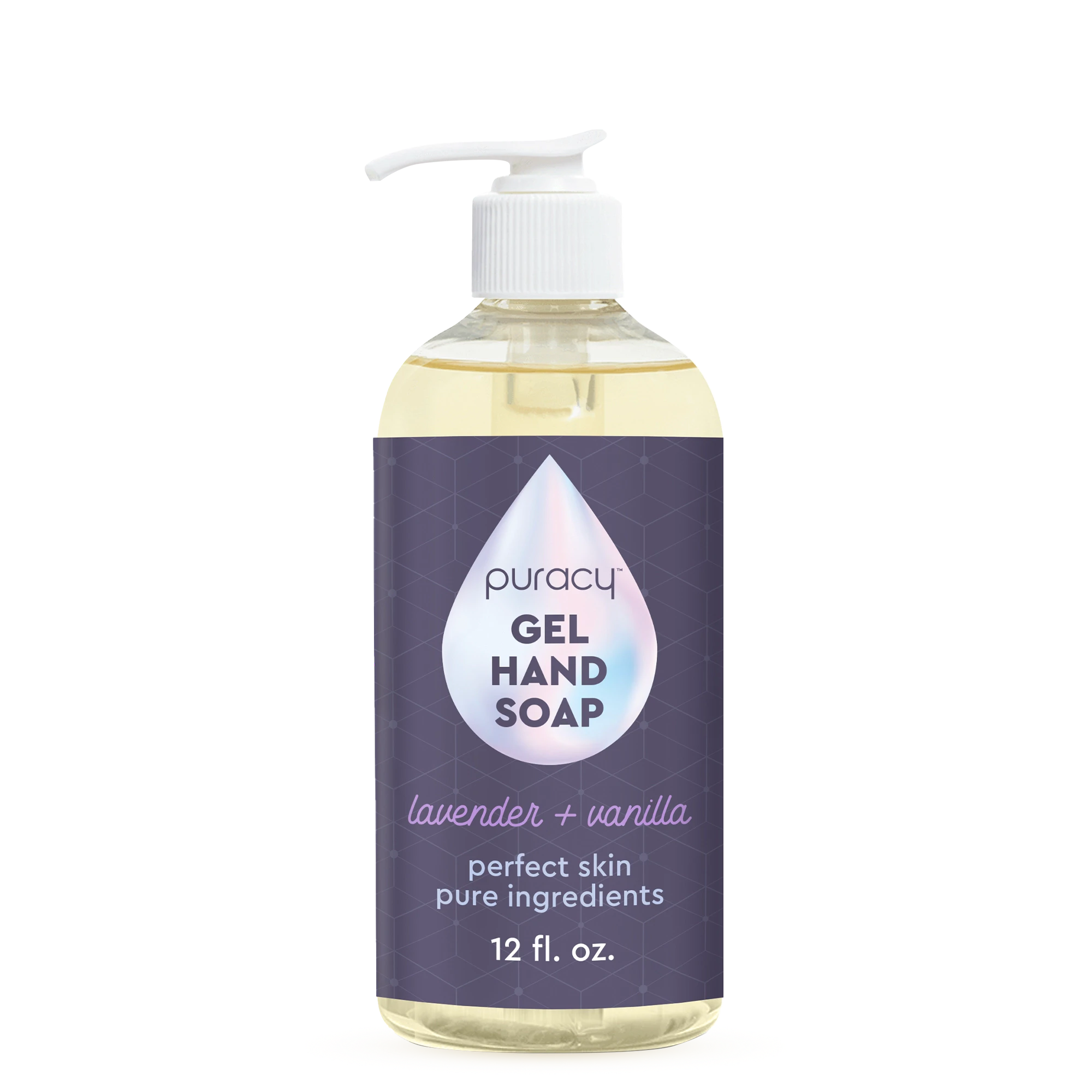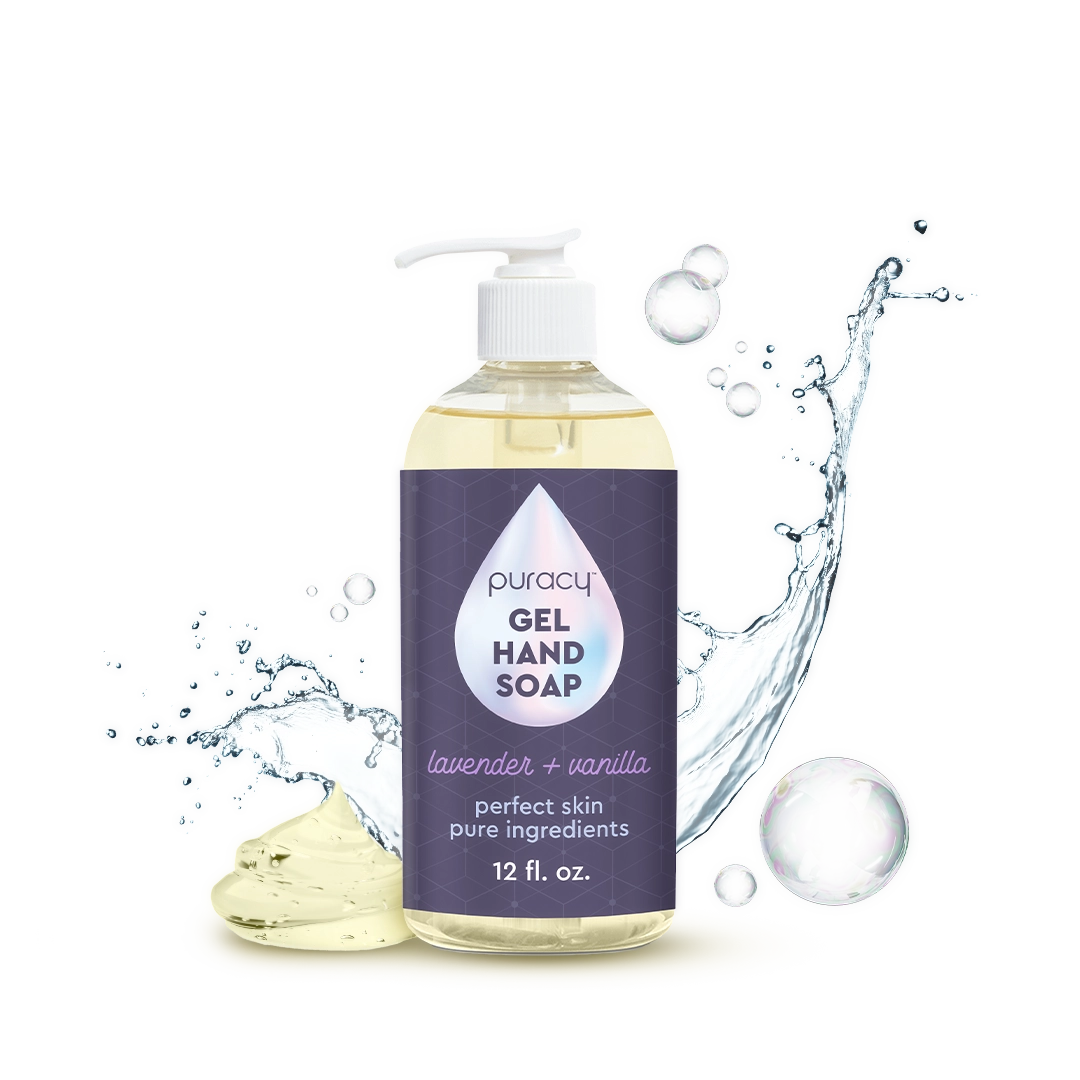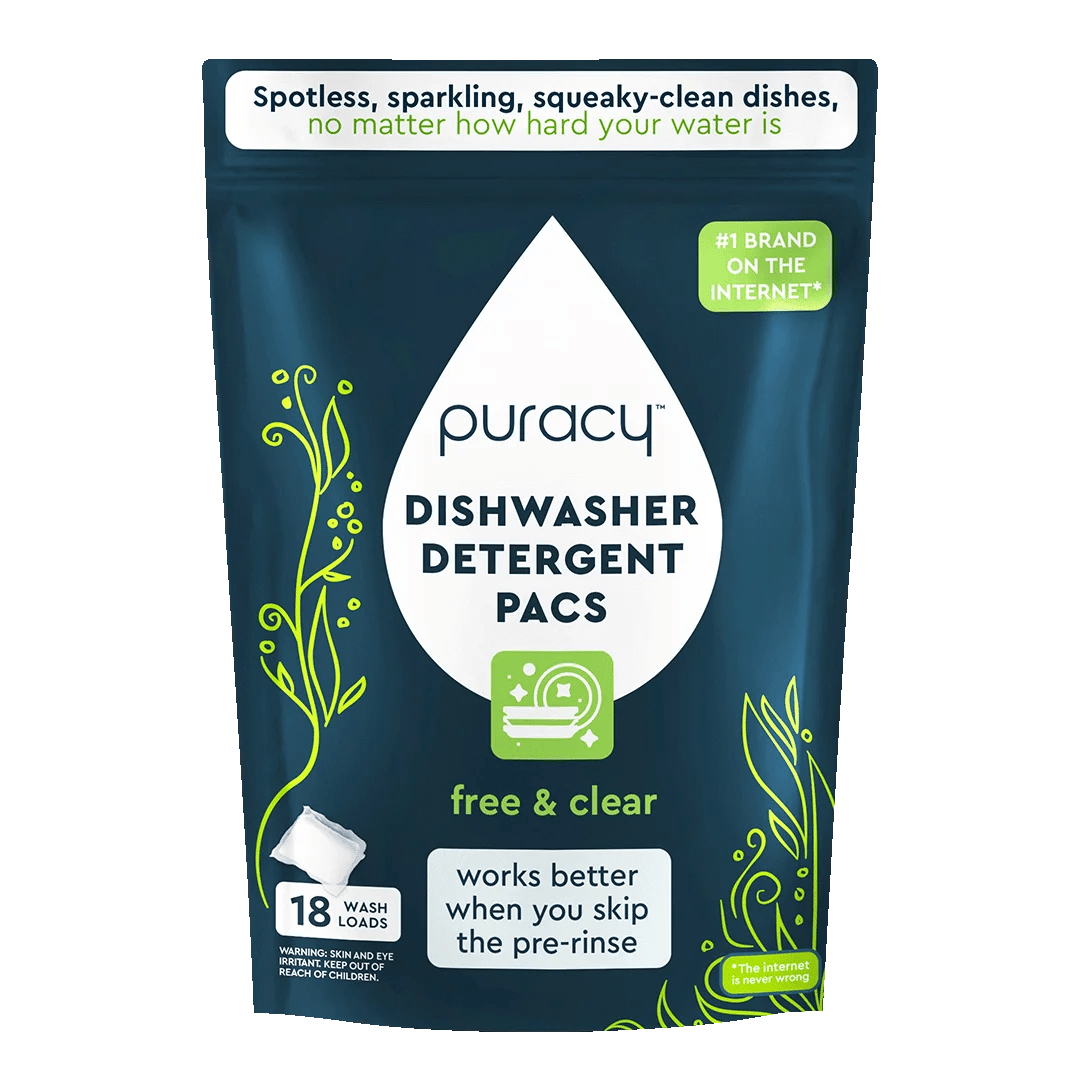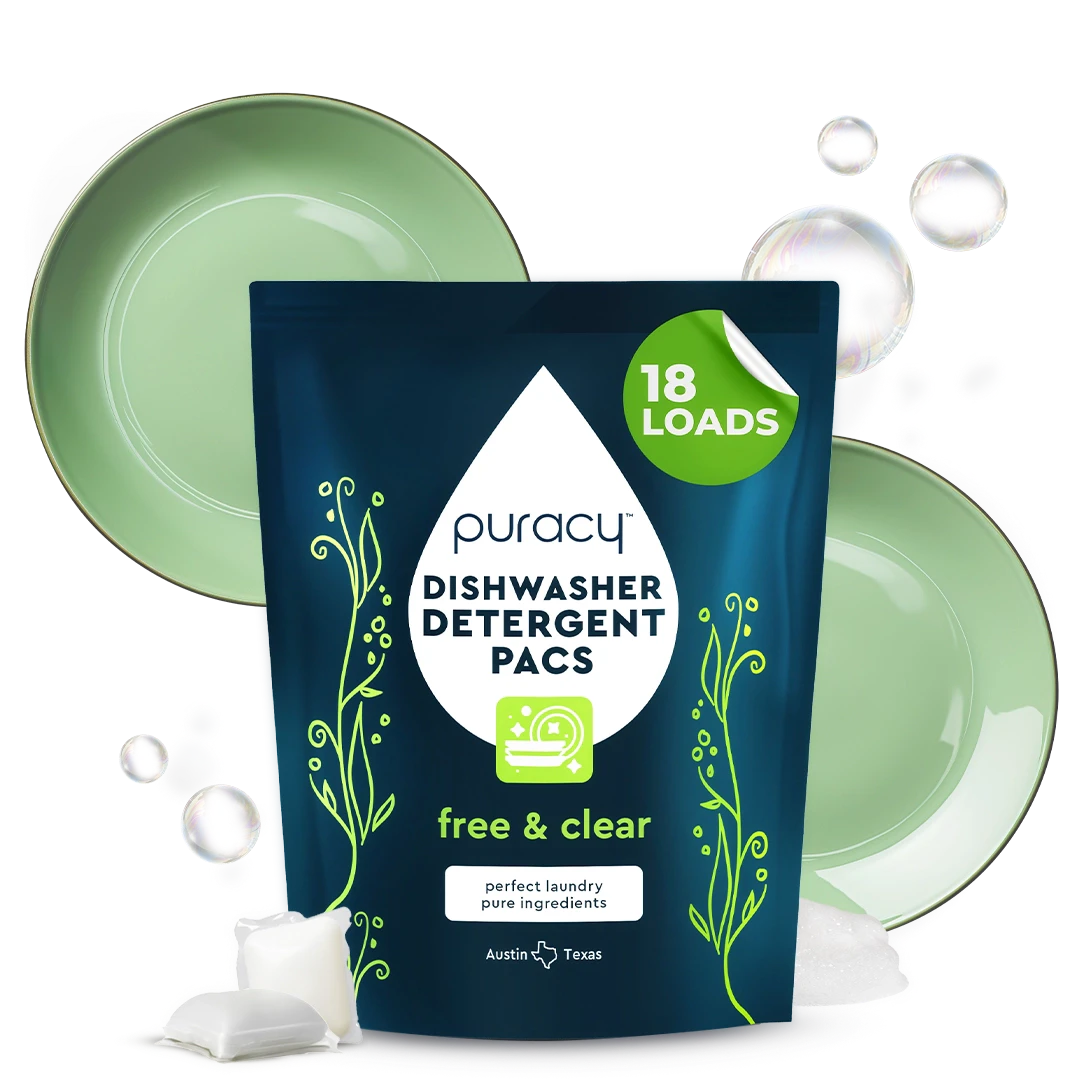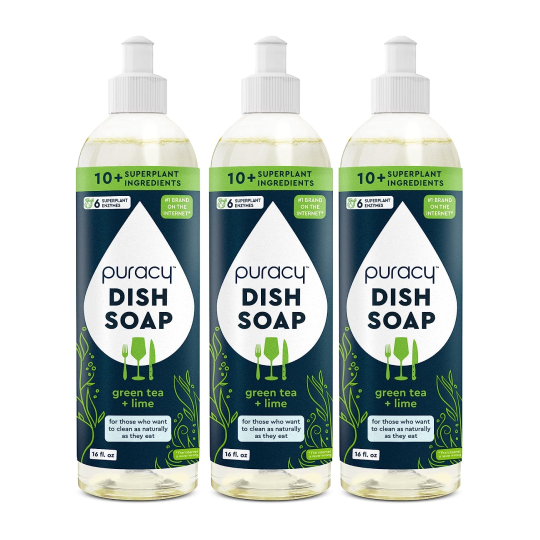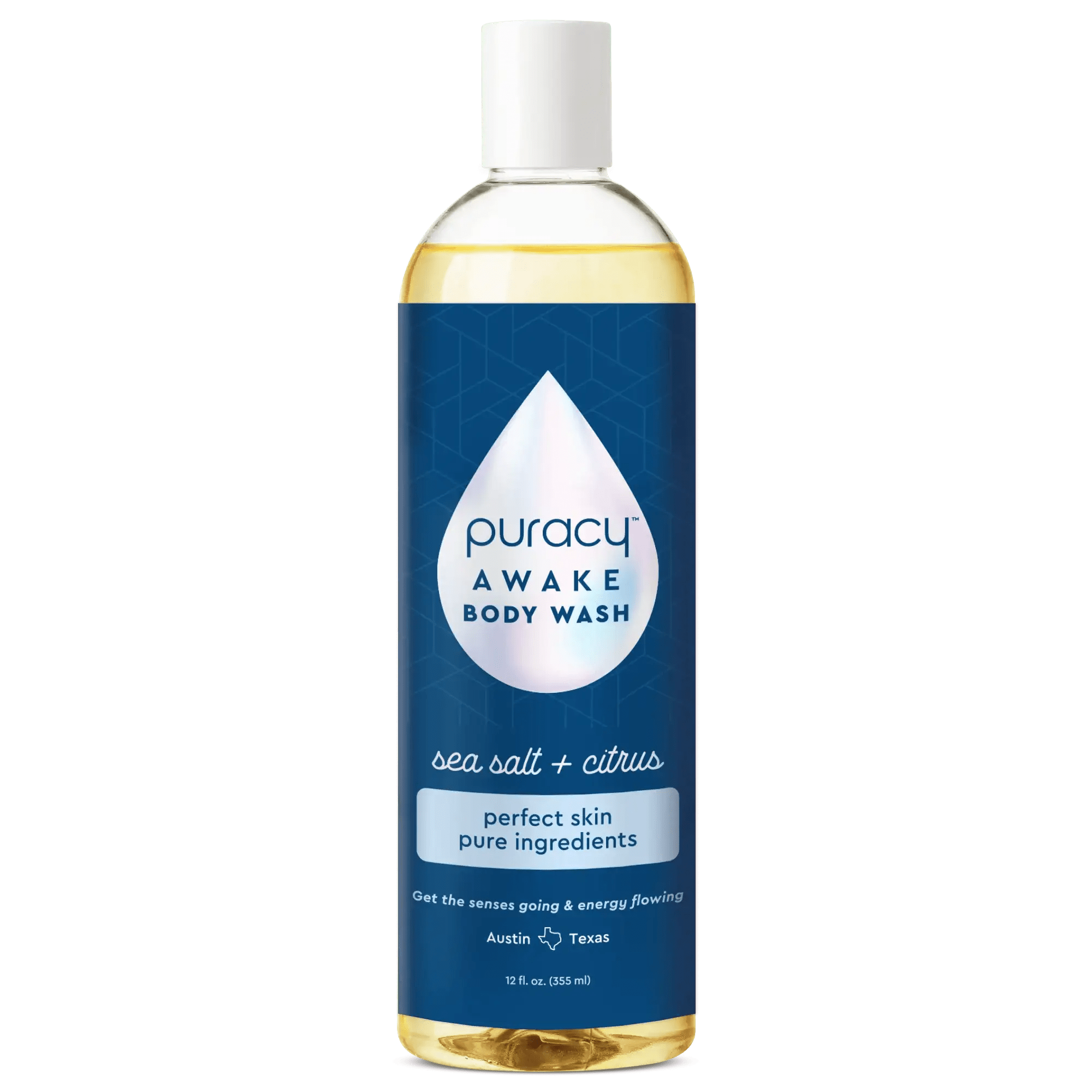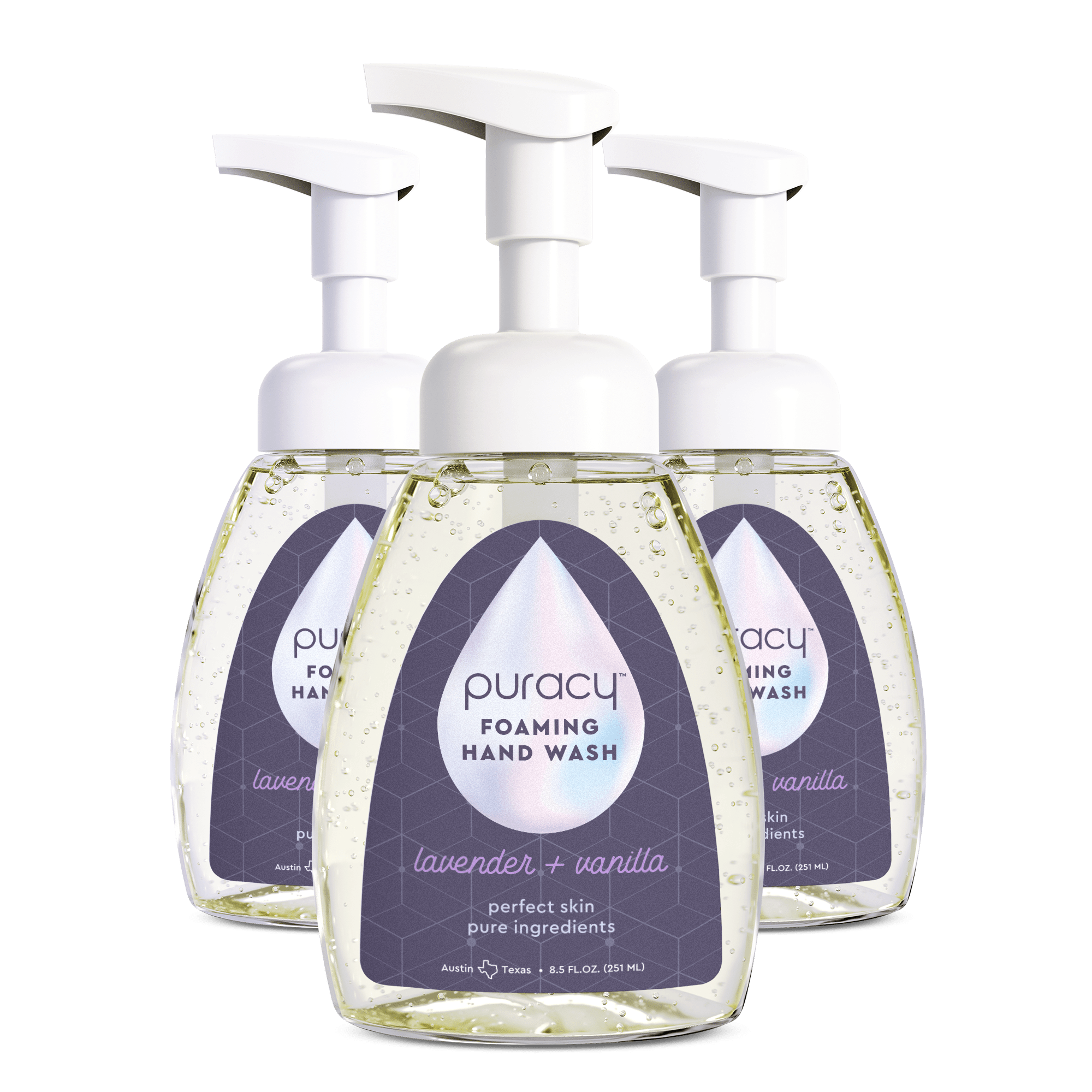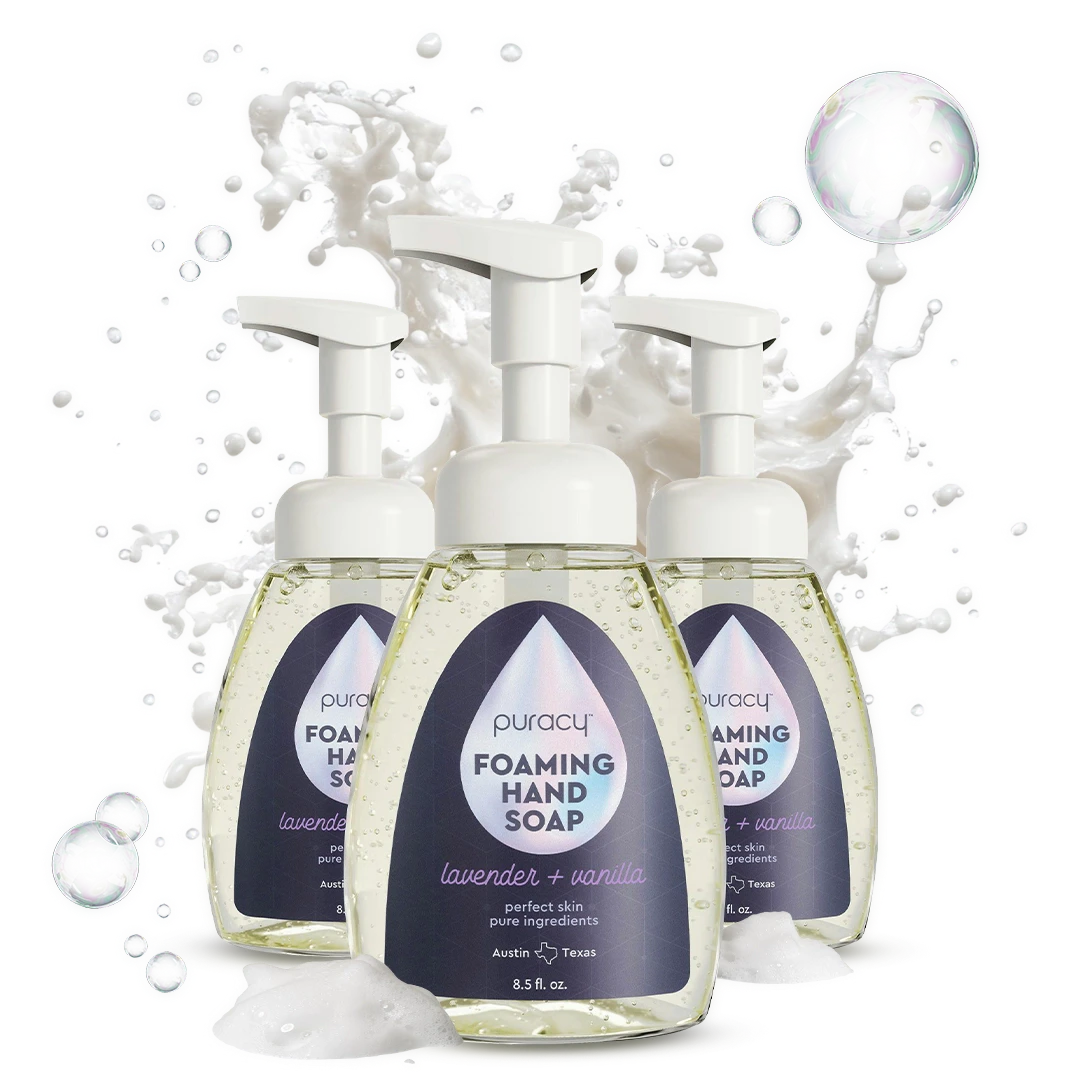
What Is Obsessive and Compulsive Cleaning?
OCD and compulsive cleaning order are often attributed to each other, but what is it exactly? Learn about obsessions versus compulsions, as well as how obsessive cleaning can manifest in different ways.
What Is OCD: Obsession vs Compulsion

OCD is short for obsessive-compulsive order, a disorder in which a person has recurring, obsessive thoughts (known as obsessions) or behaviors (known as compulsions) that they feel compelled to repeat again and again. Obsessions can include intrusive thoughts, urges, or mental images, while compulsions are behaviors that someone engages in to get rid of obsessions. It is a common disorder that is also chronic, and in many cases, long-lasting.
Is Obsessive and Compulsive Cleaning a Symptom of OCD?

For some people, obsessive cleaning can be an OCD symptom, as well as obsessive thoughts regarding germs and cleanliness. People with these symptoms may also have an obsessive need to organize and arrange objects and spaces in an effort to make sense of their thoughts. Note that compulsively cleaning does not always necessarily mean you have OCD, so always consult a licensed professional for a thorough diagnosis.
What Types of Cleaning Can Be an OCD Symptom?
The Diagnostic and Statistical Manual of Mental Disorders (DSM-5) is an authoritative guide to psychological conditions that defines OCD as a disorder that involves distressing thoughts and mental images that persistently plague an individual.
DSM-5 vs OCD
The DSM-5 does not go into specific subtypes of the disorder, but other researchers have taken note of symptom dimensions of OCD that are related to cleaning and organizing.
Symmetry Obsession and Order Compulsion
Some individuals with OCD become obsessions with arranging objects in a specific order or pattern, known as symmetry obsession or order compulsion.
Contamination and Disinfecting
Extreme fear of germs, bacteria, or disease can result in people obsessively cleaning in an effort to avoid or remove contamination or infection.
What Causes Obsessive and Compulsive Cleaning?

When it comes to obsessive cleaning and OCD, a few environment-related factors can be triggering. The OCD cycle manifests when an obsession leads to anxiety, prompting an individual to engage in compulsions for relief. However, this relief is often temporary and the cycle begins anew.
- Germs
Individuals with OCD may fear the thought of germ contamination or infection. This thought cycle typically stems from fears of transmitting a deadly disease or spreading germs.
- Magical Thinking
Individuals preoccupied with unlucky or lucky colors, numbers, or actions experience what is known as Magical Thinking OCD. These thoughts often manifest in a need to obsessively organize or arrange objects or environments, or repeat a certain ritual or action.
- Trash or Clutter
Excessive clutter or mess can trigger those with OCD due to their perceived need for cleanliness and organization. Though there is a link between a neat and tidy environment and mental health, those with OCD obsessively and compulsively clean or clear out clutter or trash.
What are Other Symptoms of OCD?
Other OCD symptoms include:
- Unwanted forbidden or taboo thoughts involving sex, religion, or harm
- Aggressive thoughts towards others or self
- Repeatedly checking on things
- Compulsive counting
What are Treatment Options Related to OCD?
If you are looking into how to stop OCD cleaning, there are treatment options available.
- Medication
Prescription medication used to reduce or alleviate OCD symptoms include Serotonin reuptake inhibitors (SRIs) and selective serotonin reuptake inhibitors (SSRIs). Always consult your doctor before taking any medication or treatment.
- Psychotherapy
Cognitive Behavior Therapy (CBT) and Exposure and Response Prevention (EX/RP) are a few types of psychotherapy that can be used on those with OCD. Since each person is different, it's important to speak with a health professional about which option works best for your specific needs.
- Seeking Treatment
You can use the Substance Abuse and Mental Health Services Administration (SAMHSA) and their Treatment Locator to search for mental health resources and treatment services, as well as visit the National Institute for Mental Health’s website for further information.
